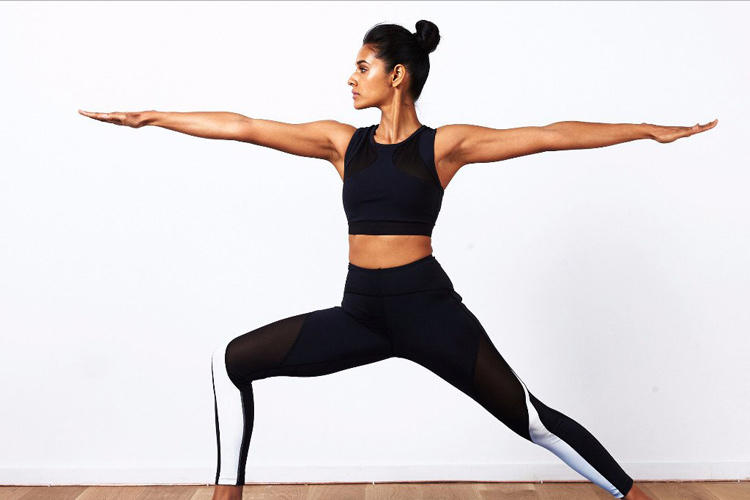Back pain, the most common spinal conditions in the UAE

You can avoid back pain just by staying active.
by Manjula Ramakrishnan
Back pain is one of the most common spinal conditions in the UAE and the third most common reason for visits to the doctor. Severe cases can lead to spinal degenerative disease, also known as degenerative disk disease, or any disease of the spinal column, which can range from herniated disc, spinal stenosis, degenerated disc disease and disc prolapse.
But a common notion is that, the colder the weather, the more discomfort occurs in one’s back muscles and joints. Dr Khaled M. Faraj, senior consultant orthopaedic and spine surgeon, Burjeel Hospital for Advanced Surgery Dubai speaks to Panorama about the myths and facts to do with back pain in relation to cold weather.
Cold weather makes back pain worse.
Myth: This is not true as there is no scientific evidence that supports this idea. Cold temperatures do not make an actual condition worse, and it also does not develop a new condition. It means there could be muscle stiffness as the tendons and ligaments in your back tighten and become less flexible, thereby making them much more prone to injuries that in turn can cause you plenty of back pain. Winter back problems may be avoidable when you wear the right clothing to keep you warm, stretch your muscles regularly, stay active and employ basic fall prevention techniques when needed.
Dr Khaled M. Faraj, senior consultant orthopaedic and spine surgeon, Burjeel Hospital, Dubai.
Dark and gloomy days in winter may contribute to depression, which can cause or aggravate back pain.
Fact: Cold temperatures, dark gloomy days and less hours of sunlight can cause a seasonal affective disorder’ (SAD), which is a type of seasonal depression that can increase one’s sensitivity to back pain. Therefore, during winter, depression can also lead to back pain as body aches and backaches are a common symptom of depression, and research has shown that people with severe depression actually feel pain more intensely than others.
Moreover, depression itself can cause fatigue that prevents you from exercising and strengthening your core muscles, which in turn puts added stress on the disks, joints and ligaments in your back, making you more susceptible to lower back pain, muscle strains and other injuries.
Exercise can lead to further back pain.
Myth: Quite the contrary as exercise is extremely important to alleviate back pain. If you don’t stretch or exercise your back a few times a week, it will lose the strength necessary to provide a straight posture and pain-free movement in the body. Exercise is the best way to help with your sciatica. Cold weather may discourage you from exercising, which can be a formula for back pain. Try indoor exercises such as yoga and aerobics, swimming in a temperature controlled pool, or perhaps working out on a stationary bicycle.
Always sit up straight.
Myth: Agreed, slouching in chairs is bad for your back. However, sitting up too straight and still can also irritate the back. For relief of back pain from prolonged sitting, intermittently try leaning back in your chair with your feet on the floor with a slight curve in the low back. Also, stand for part of the day when possible, for example, while on the phone or reading.
Don't lift heavy objects.
Myth: When lifting, it's the way you lift that is most important, not just the weight you are lifting. When lifting, try to be as close to the object as possible, squatting to make the lift. Use your legs to lift. Don't torque your body or bend during the lift.
Bed rest is the best cure.
Myth: Bed rest can help an acute back strain or injury. But it is not true that you should stay in bed for a simple back ache. Sometimes remaining immobile in bed can actually make back pain worse.
More pounds, more pain.
Fact: Keeping fit is helpful in preventing or aggravating back pain. Back pain is more common in those whose fitness levels are poor or are overweight. Those who only exercise intermittently are at increased risk of back injury.
Acupuncture may ease pain.
Fact: Acupuncture can be helpful for relieving many types of back pain that do not respond to other treatments. Yoga, progressive relaxation, and cognitive behavioral therapy can also be beneficial.
A firm mattress is better.
Myth: People differ in their response to mattress firmness. One study from Spain showed that those who slept on a medium-firm mattress (rated 5.6 on a 10 point hard-to-soft scale) had less back pain and disability than those who slept on a firm mattress (2.3 on the scale).




